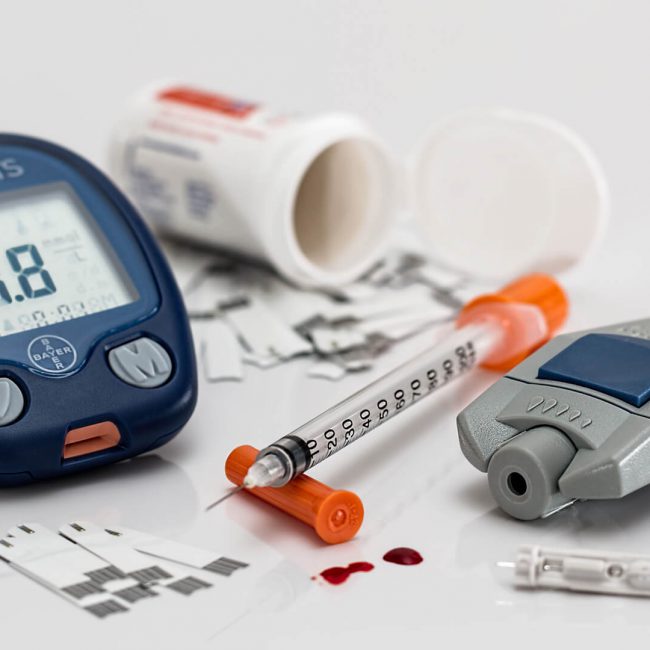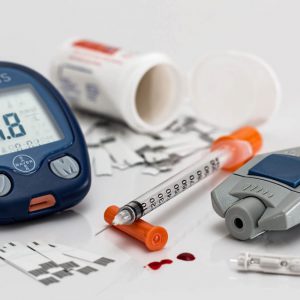An alpha-fetoprotein (AFP) test is a blood test that measures the amount of AFP present in blood. It’s usually part of what’s called a triple screen or quad screen in the second trimester of pregnancy.
An AFP test is a routine screening test that’s given to expectant mothers between the 14th and 22nd weeks of their pregnancy. It is most accurate between the 16th and 18th weeks, so it’s important to know exactly when you became pregnant.
For women who aren’t pregnant as well as men, the normal amount of AFP is usually less than 10 nanograms per milliliter of blood. If your AFP level is unusually high but you aren’t pregnant, it may indicate the presence of certain cancers or liver diseases. If you’re pregnant you have higher-than-normal AFP levels, it can indicate a neural tube defect in your developing baby. However, the most common cause of elevated AFP levels is inaccurate dating of the pregnancy.



